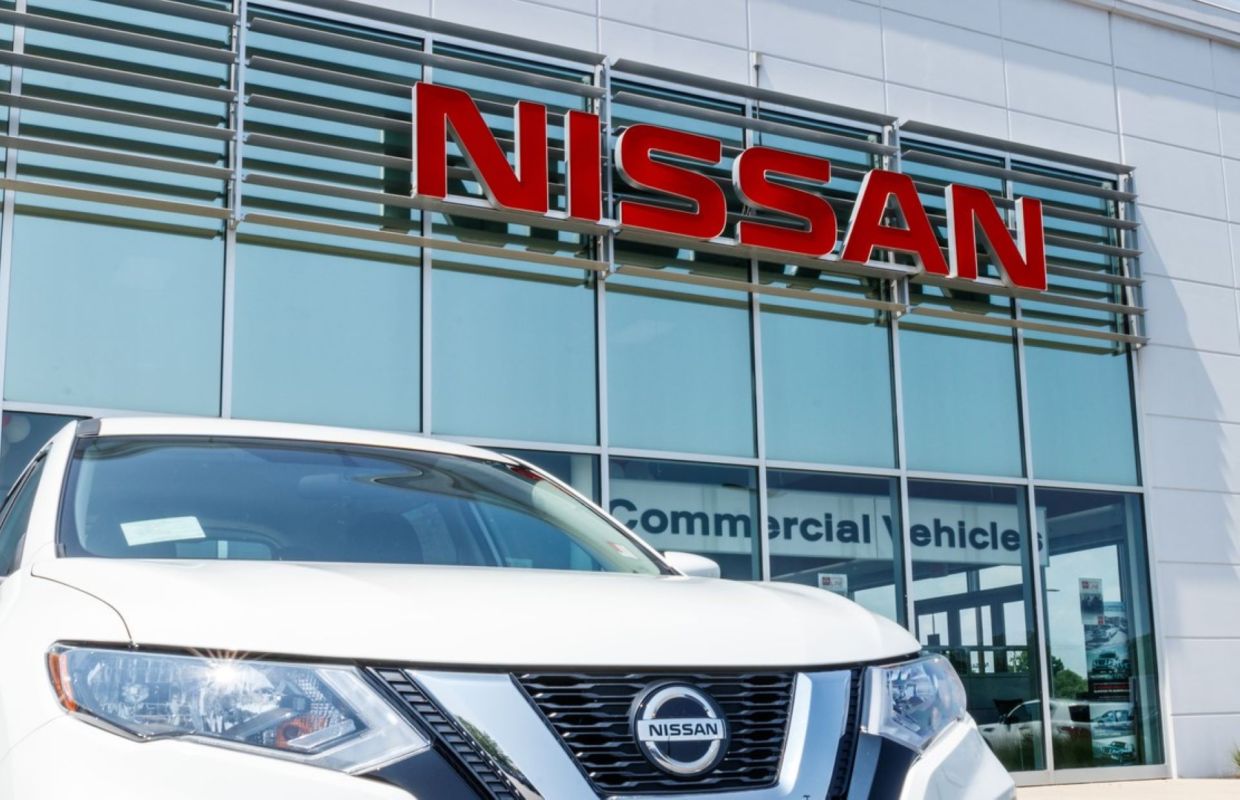Electric vehicles have been gaining traction in the auto industry in recent years. With their increasing popularity, most automakers are trying to prove that their models are winning the EV wars.
Nissan is not an exception to this — the brand is promoting its lineup of EVs in an effort to win back a portion of the market currently dominated by Tesla.
Why are Nissan electric vehicles making headlines?
One major story circulating on Nissan electric vehicles regards the "Pole to Pole" expedition.
This expedition, which claims to be the world's first, revolves around a nearly 17,000-mile journey from the "1823 Magnetic North Pole" to the Antarctic South Pole in an all-electric vehicle (presumably hitching a ride for the "crossing to Antarctica").
The vehicle in question: a Nissan Ariya. This specific EV has been tricked out with some serious snow tires (39-inch ones) and a raised suspension. It also has an impressive range of more than 300 miles between charges, in addition to advanced all-wheel-control technology.
How is the Pole to Pole expedition going?
Two explorers, couple Julie and Chris Ramsey, started their expedition at the end of March and are expecting the entire trip to take roughly nine months.
The Ramseys regularly post about their journey on Instagram for those interested in following their trek. They're currently driving southward through South America.
What other Nissan electric vehicles are in the news?
In addition to the Nissan Ariya, the Nissan Leaf continues to stay in the news, largely due to its affordability.
The 2024 Nissan Leaf starts at just a tad over $28,000 (as of late August), making it one of the most affordable EVs out there.
And while a new Leaf is certainly inexpensive enough to qualify for the Inflation Reduction Act's EV tax credit of $7,500, according to Consumer Reports, it doesn't currently qualify (as of late August) thanks to where its batteries and battery materials are produced. Consumer Reports noted that the Leaf "may be added back [to the list of eligible cars] at a later date."
Due to the draw of this $7,500 tax credit, other carmakers will likely be lowering prices and possibly changing battery sourcing to qualify. Yet few EVs, apart from the notable exception of the Chevy Bolt, can rival Nissan's EV prices.
Join our free newsletter for weekly updates on the coolest innovations improving our lives and saving our planet.









